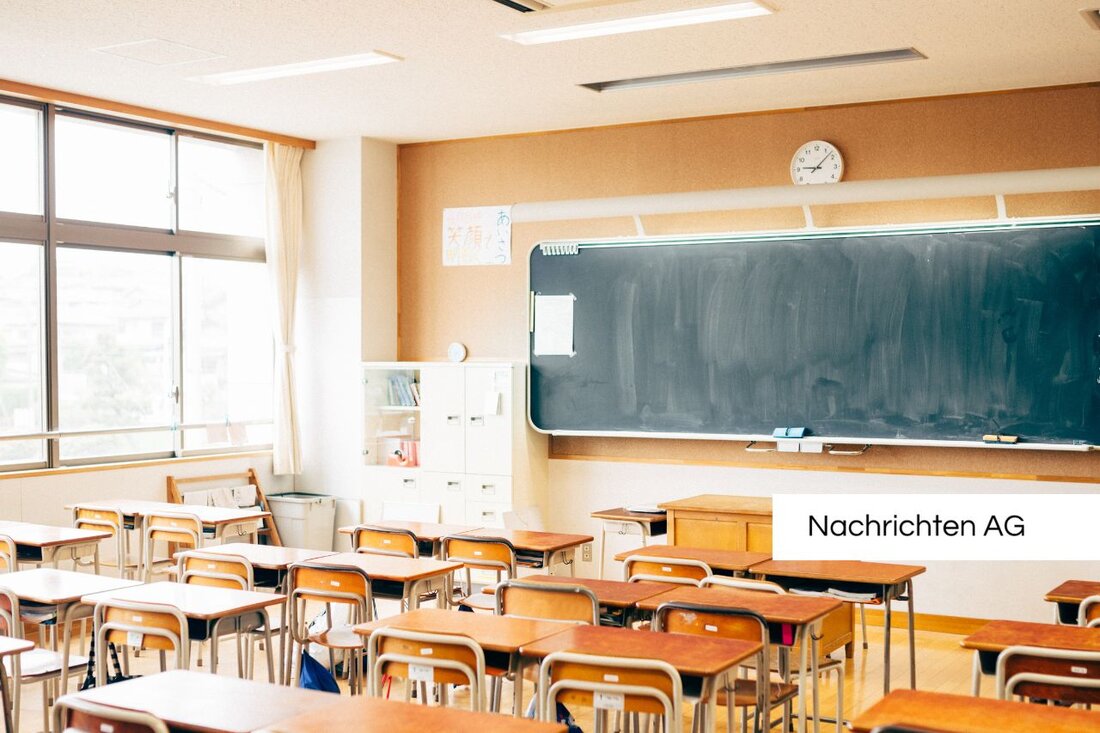Mobile phone ban at schools: Education or threat to young people?
On May 1, 2025, the Minister of Education introduced a mobile phone ban for students under the age of 14 to combat digital addiction.

Mobile phone ban at schools: Education or threat to young people?
In a remarkable decision, the Minister of Education introduced a mobile phone ban in schools on May 1, 2025. This ban applies to schoolchildren up to 14 years and includes both lessons and breaks. A current report by the Krone shows that the students spend an average of 216 minutes a day with their smartphone. The ban on mobile devices should not only promote learning, but also stimulate social interactions among the students.
The child and adolescent psychiatrist Paul Plener expresses concerns about the risk of addiction that can be associated with the excessive use of smartphones and social media. Dplener warns of possible consequences such as depression and anxiety. This is particularly relevant because 11 % of young people show signs of problematic behavior in relation to social media, with 13 % of girls and 9 % of the boys affected, such as the Who> reported.
The implementation of the mobile phone ban
In many schools there was already a similar ban in the house regulations. The new regulations stipulate that teachers now have the opportunity to pronounce a "warning", but there have so far been no clear information about sanctions for unruly students. Before that, there were no consequences for students who refused to hand over their cell phones. An important question also remains what measures the Ministry of Education will take to guarantee compliance with the ban, since so far no official trend -setting answers have been given.
Students are now asked to do without the secret reputation of TikTok videos and instead to communicate more instead. This could also be a reaction to the alarming statistics on digital media use among young people who are regularly in contact with friends online.
mental health and digital media
In addition to the challenges that the mobile phone ban brings, there is worrying data on the effects of digital media use on the mental health of young people. According to the WHO, 34 % of young people play digital games every day, while 22 % even spend at least four hours on match days. It is particularly striking that 12 % of young people are at risk from problematic play behavior. With 16 %, boys show significantly higher values than girls who are only 7 %.
The problematic use of social media often includes addictive symptoms such as loss of control that can have a negative effect on everyday life. In addition, the connection between problematic media use and poorer mental and social well -being cannot be ignored. The WHO is therefore increasingly calling for measures to promote media literacy and investments in health -promoting school environments.
dr. Hans Henri P. Kluge from the WHO emphasizes the need for an open dialogue about digital well -being within families and schools. The promotion of responsible use of digital tools is intended to help young people to be able to make informed decisions about their online activities and to protect their well-being.

 Suche
Suche
